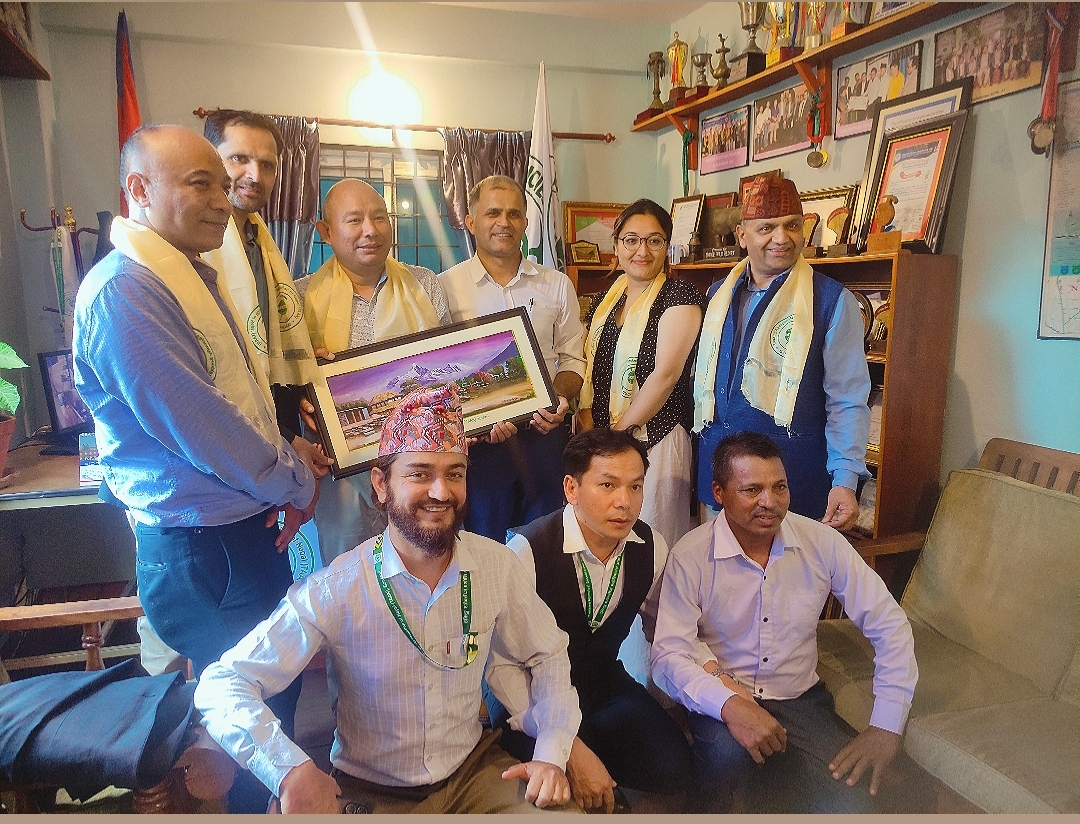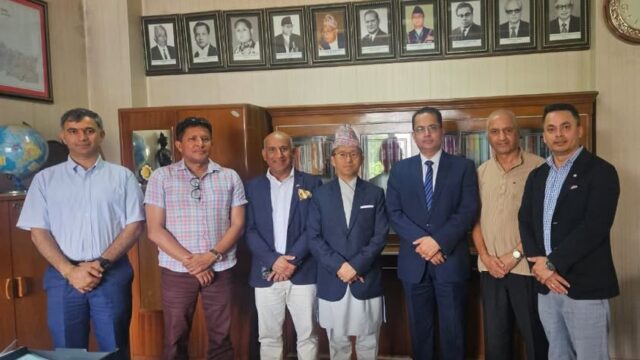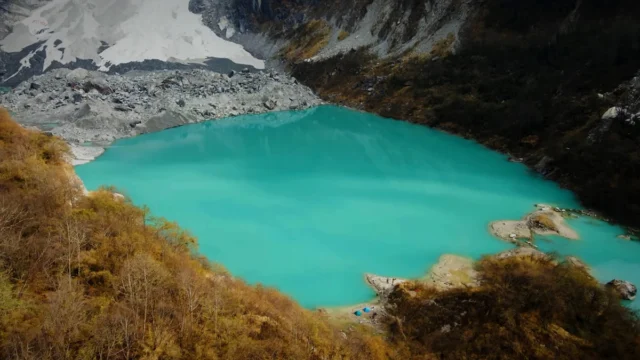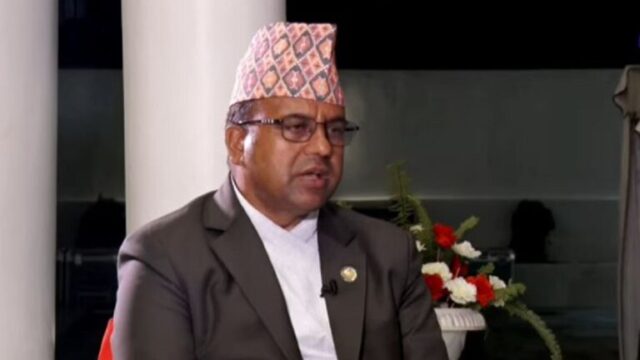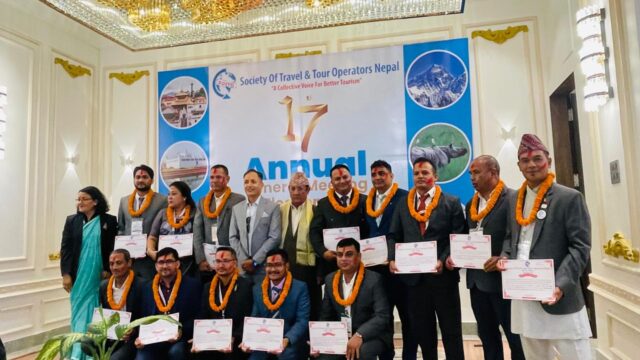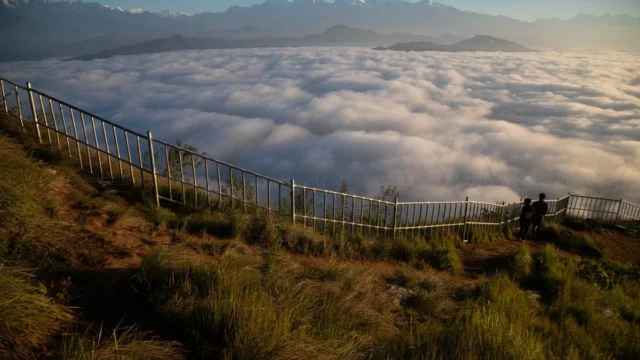Key figures in the tourism sector have emphasized the need for sustainable practices in trekking and mountain tourism to promote Nepal’s trekking destinations effectively. During a consultation meeting held to discuss the National Trekking Trail Strategy, stakeholders highlighted the importance of identifying new trekking routes, maintaining tourist safety standards, and setting quality benchmarks for trekking services.
The meeting, organized by the Trekking Agencies Association of Nepal (TAAN) in collaboration with the Nepal Tourism Board (NTB) and the United Nations Development Programme (UNDP), was part of the “Sustainable Tourism for Livelihood Recovery Project” (STLRP). This initiative aims to formulate a comprehensive trekking trail strategy that would enhance Nepal’s position as a leading destination for sustainable trekking tourism.
Participants in the meeting stressed the importance of defining the roles of various institutions involved in trekking and mountain tourism. They called for clear guidelines regarding the identification of new destinations, tourist safety measures, product standardization, and qualifications for trekking guides. The meeting also urged stakeholders to set up systems for tracking the number of tourists visiting trekking areas and ensuring the safety of both tourists and the local community.
The consultation aimed to gather insights from tourism-related government bodies, private sector representatives, and trekking associations. It provided an opportunity for stakeholders to share their views on promoting trekking tourism in Nepal while addressing the challenges posed by recent infrastructure developments and climate change.
TAAN CEO Ram Chandra Sedhai presented detailed information about the goals, objectives, and roles of various stakeholders in the strategic planning for Nepal’s trekking sector. He stressed the need for innovative policies and sustainable practices to adapt to the evolving landscape of trekking tourism.
“With road networks expanding into previously isolated trekking areas, and climate change introducing new risks, it’s essential to develop new strategies that ensure the sustainability of the trekking industry,” said Sedhai. He also pointed out the growing challenges that the trekking business faces, urging stakeholders to adapt to these changes and promote new approaches for long-term benefits.
Sedhai further emphasized the importance of educating local communities and rural municipalities about the potential revenue and benefits that could be derived from trekking tourism. He highlighted that trekking not only promotes tourism but also contributes to local economies through revenue generation.
TAAN Gandaki Chairperson Krishna Prasad Acharya informed the meeting that, under the Sustainable Tourism for Livelihood Recovery Project, TAAN Gandaki has conducted several training sessions for trekking guides and porters. These sessions included refreshment training, digital marketing in tourism, trail navigation, wilderness first aid, mountain rescue, and photography/videography focusing on trekking and mountain tourism.
In addition, TAAN Gandaki has been actively involved in raising awareness about environmental crime prevention and biodiversity conservation through training programs. These efforts aim to promote eco-tourism and highlight the importance of flora and fauna conservation in trekking regions.
The consultation was attended by a wide range of tourism and trekking stakeholders, including TAAN General Secretary Sonam Gyalzen Sherpa, NTB Senior Officer Kundan Mishra, and Pokhara Tourism Council Vice President Hari Bhujel, among others. The attendees discussed the future roadmap for trekking tourism, focusing on new destinations, safety measures, and ways to enhance the overall experience of trekkers visiting Nepal.
This strategic initiative is expected to play a significant role in promoting sustainable trekking tourism in Nepal, ensuring both the preservation of natural resources and the long-term development of local communities involved in the trekking industry.
